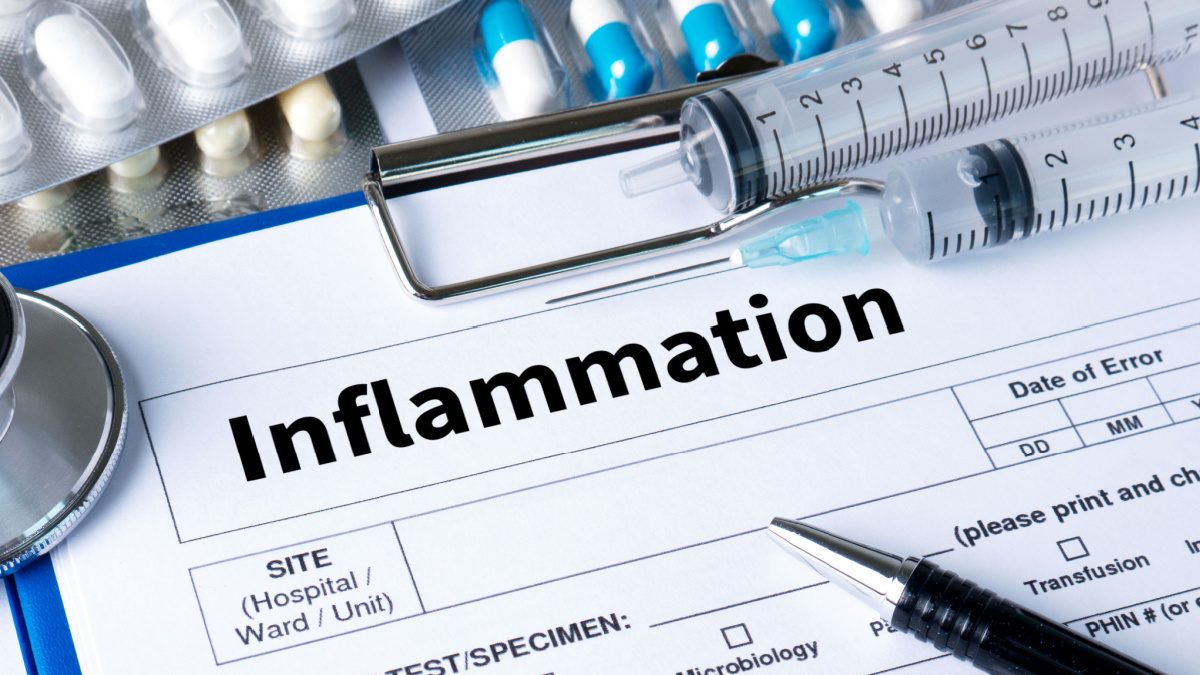7 Natural Remedies Against Swelling And Inflammation

Fortunately, nature has provided us with a wide array of ingredients that possess remarkable anti-inflammatory and analgesic properties (Image: Shutterstock)
By incorporating natural remedies into our lifestyles, we can address swelling, pain, and inflammation in a way that promotes overall well-being
Swelling and inflammation can significantly affect our daily lives and hinder our overall well-being. While over-the-counter medications can provide relief, many people are seeking natural remedies to address these issues. Fortunately, nature has provided us with a wide array of ingredients that possess remarkable anti-inflammatory and analgesic properties. Exploring natural remedies not only allows us to tap into the healing power of nature but also provides an opportunity to adopt a more holistic and sustainable approach to our well-being. Let’s take a closer look at a variety of natural remedies that can help alleviate swelling, pain, and inflammation, promoting a healthier and more comfortable lifestyle.
Turmeric
Turmeric contains a compound called curcumin, which exhibits powerful anti-inflammatory properties. Curcumin contains various molecules that play a role in inflammation, making it an effective remedy for reducing swelling and pain. Incorporating turmeric into your diet or consuming it in supplement form can provide relief for conditions like arthritis, tendonitis, and general inflammation.
Cold Compress
One of the simplest and most accessible remedies for reducing swelling is a cold compress. Applying a cold pack or ice wrapped in a towel to the affected area constricts blood vessels and reduces blood flow, which in turn alleviates swelling and numbs the pain. Remember to limit the duration of cold application to 15-20 minutes to avoid skin damage.
Essential Oils
Certain essential oils possess anti-inflammatory and analgesic properties that can aid in pain relief and swelling reduction. Lavender, castor, chamomile, peppermint, and eucalyptus oils are popular choices. Dilute the oils with a carrier oil, such as coconut or jojoba oil, and gently massage the mixture onto the affected area for relief. Alternatively, adding a few drops to a warm bath can provide overall relaxation and comfort.
Aloe Vera
Known for its soothing and healing properties, aloe vera is an excellent natural remedy for reducing inflammation and pain. Applying aloe vera gel directly to the affected area can help alleviate swelling, promote tissue repair, and provide a cooling sensation. Look for pure aloe vera gel or extract to ensure maximum benefits.
Ginger
Another natural anti-inflammatory agent is ginger. It contains gingerol, a bioactive compound known for its analgesic and anti-inflammatory effects. Ginger can help alleviate swelling and pain associated with muscle soreness, joint pain, and even migraines. You can consume ginger by adding it to your meals or drinking ginger tea.
Arnica
Arnica is a herb that has been traditionally used topically for reducing inflammation, bruising, and muscle soreness. You can find arnica in the form of creams, gels, or ointments. For individuals with osteoarthritis, applying arnica gel to the skin can offer relief by reducing swelling and easing pain. The active compounds found in arnica gel have been known to effectively reduce swelling. It is important to note that oral consumption of arnica can be unsafe, unless in highly diluted homeopathic forms.
Epsom Salt Soaks
Epsom salt, rich in magnesium sulfate, is renowned for its soothing properties. Soaking the affected body part in warm water with dissolved Epsom salt helps reduce swelling and eases muscle tension. The magnesium in Epsom salt also promotes relaxation, making it an excellent choice for relieving pain caused by muscle strains and sprains.
When it comes to addressing swelling, pain, and inflammation, natural remedies can be highly effective and offer additional benefits without the potential side effects of certain medications. However, it’s essential to remember that severe or chronic conditions may require medical attention, and consulting with a healthcare professional is always recommended for personalised advice and treatment options.
For all the latest lifestyle News Click Here


